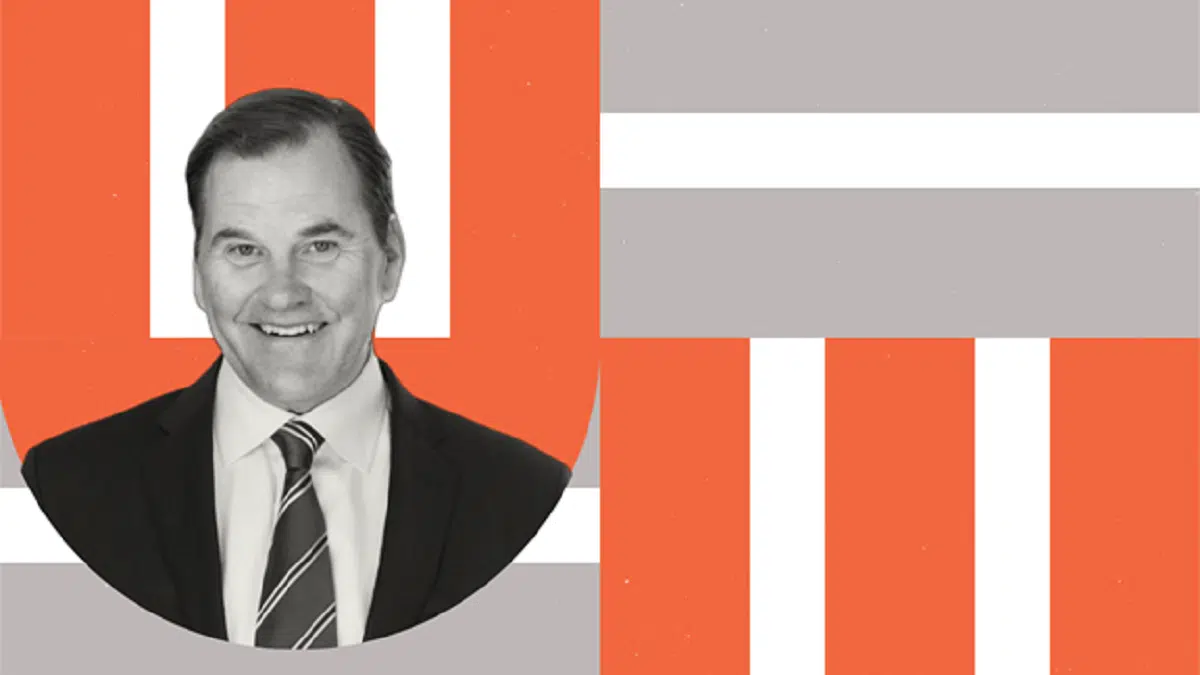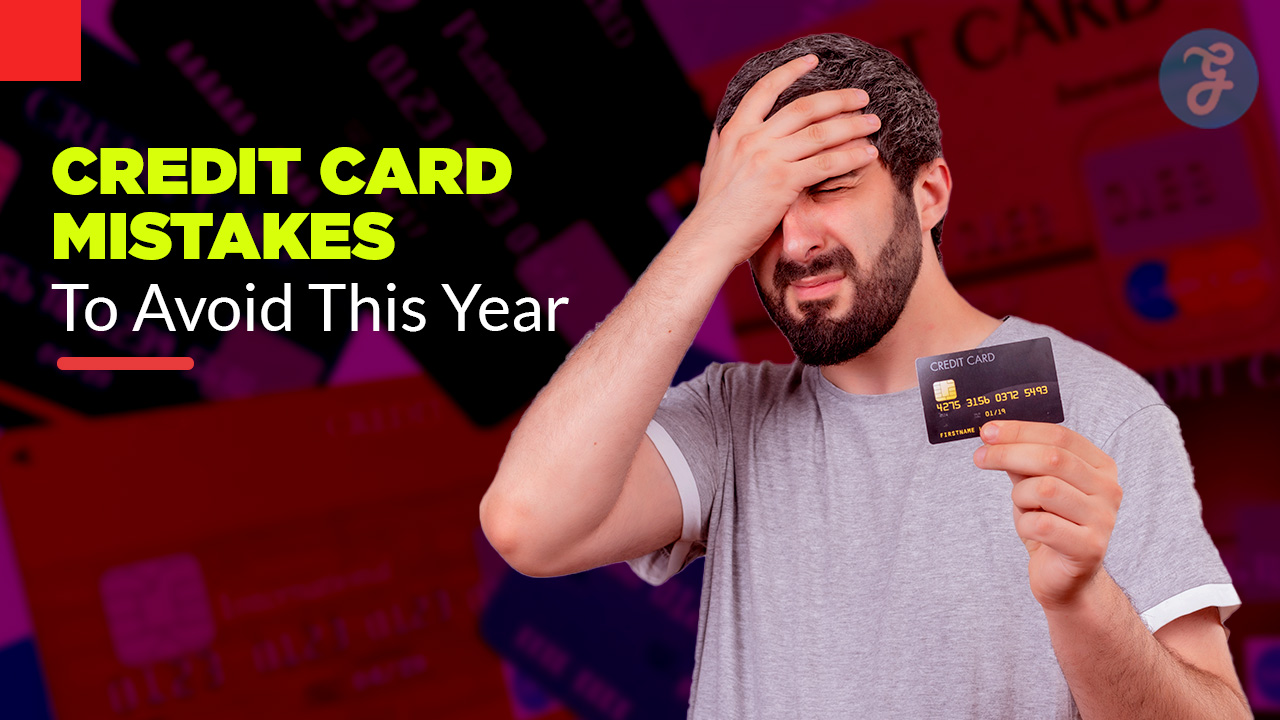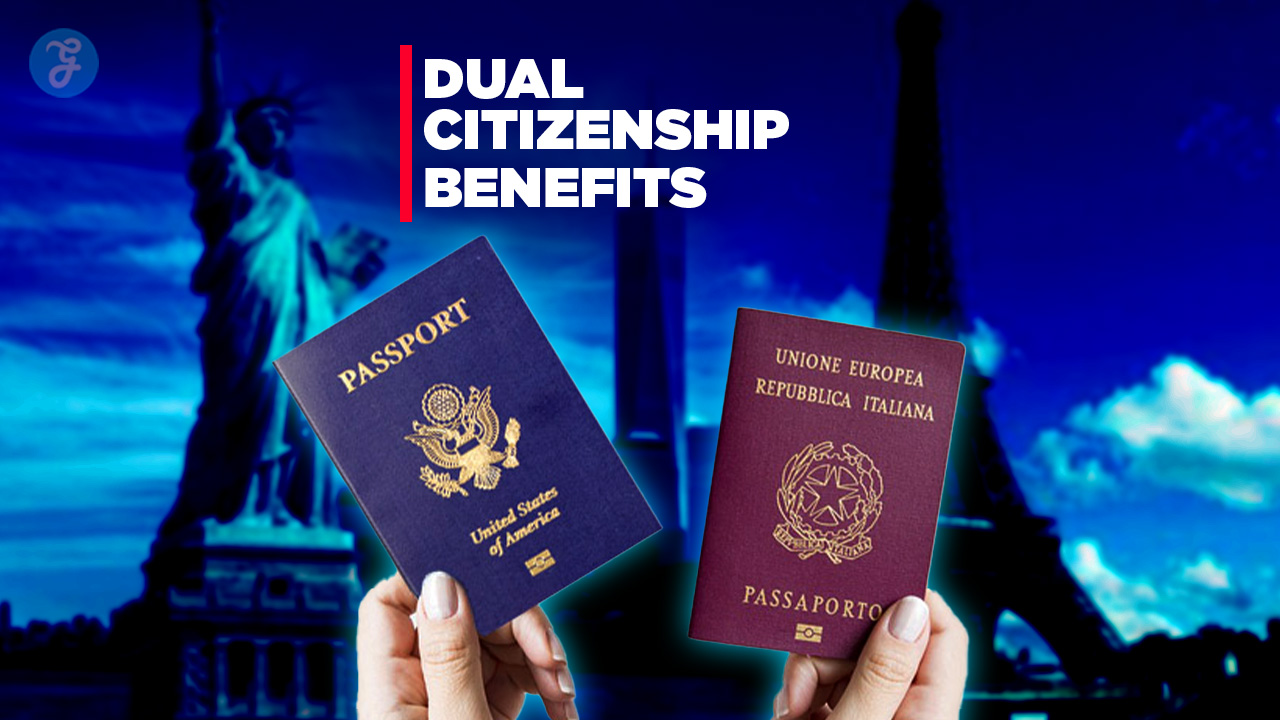Listen to the Podcast:
Mark Hauser, the co-managing partner at Hauser Private Equity, highlights strategies for preventing credit card fraud.
As the global digital payments industry continues to expand, credit card sales comprise a large portion of payment volumes. In the United States, the credit card market increased by more than seven percent from 2020 to 2021, says market research firm Statista. American consumers continue to swipe or tap their credit cards for merchandise, restaurant meals, home furnishings, and other purchases.
Unfortunately, an increasing number of American consumers have become victims of credit card fraud. This troublesome phenomenon includes several illegal types of credit card use. Private equity principal Mark Hauser details consumers’ credit card fraud risks. He also discusses strategies to avoid this form of identity theft and offers guidance to those who may have been impacted.
Credit Card Fraud Defined
The term “credit card fraud” collectively refers to several forms of illegal credit card use. Sometimes, a fraudster uses a lost, stolen, canceled, or revoked credit card to obtain something of value. Examples include making a purchase or getting a cash advance. Alternatively, the person may use the credit card number without having the card in their possession. This action is also considered credit card fraud.
Mark Hauser notes that a more serious form of credit card fraud can affect consumers in all income brackets. If a criminal adopt another person’s identity to obtain a credit card, it crosses the boundary into identity theft. This can open the door to other identity theft crimes, each of which can harm a victim’s personal and financial reputation.
Multiple Types of Credit Card Fraud
Creative, determined criminals are always searching for credit card fraud opportunities. These four scenarios very often take place.
Lost/Stolen Card Fraud
Let’s say someone forgets to retrieve their card from a merchant’s payment terminal. Alternatively, the cardholder may accidentally drop their card without realizing it. In either case, a fraudster can discover the card and rack up store and/or online transactions before the cardholder realizes the card isn’t in their possession.
Card-Not-Present Fraud
Here, a credit card fraudster obtains a cardholder’s account details without having a physical card. The criminal can potentially purchase the card information on the Dark Web. Alternatively, they can engage in a phishing scam. Here, the fraudster sends a deceptive email or another electronic message. By pretending to be someone the recipient trusts, the scammer hopes to obtain personal data with which they can make fraudulent charges.
Cloned Card Fraud
This type of fraud relies on a card skimmer, a small device that a fraudster affixes to a card reader. If the cardholder doesn’t notice and inserts their card into the skimming device, the scammer can steal the person’s card data. From there, the fraudster can create a counterfeit card that works like a standard credit card.
New Account Fraud
Mark Hauser notes that new account fraud can potentially be the most damaging type of credit card fraud. Here, a thief uses an individual’s personal information to open a new credit card account in the victim’s name. Now, the scammer is free to run the card up to the limit.
Even worse, the card-issuing bank supplies the three credit bureaus with this untrue information. If late payments become an issue, the account fraud victim can see negative impacts on their credit history and their credit score.
How to Identify Credit Card Fraud?
Card-issuing banks and consumers can both work to detect credit card fraud. First, most banks have robust fraud detection programs. Let’s say a cardholder’s card is used in a nation in which they have never conducted any business. The card issuer will notice this odd occurrence and will contact the cardholder for verification. If the cardholder denies making the charge, it will be canceled.
How a Cardholder Can Detect Credit Card Fraud?
Consumers can also stay on the lookout for credit card fraud. First, Mark Hauser says that they should regularly review their accounts via the bank’s online banking system. The consumer should also use real-time monitoring via the card-issuing bank’s mobile app. Both actions enable the cardholder to flag recent fraudulent transactions and quickly notify their bank.
Next, a cardholder may suddenly discover they can’t make a charge because they have too little credit available. This likely means credit card fraud has occurred.
Finally, new account fraud is especially difficult to detect. A cardholder who receives a collection notice for an account they didn’t open may be a fraud victim. Alternatively, if the cardholder’s credit score has dropped because of unfamiliar account activity, credit card fraud could be to blame.
To quickly learn about potential fraud, finance expert Mark Hauser recommends that a cardholder enrolls in their card-issuing bank’s security alert system. This option is generally found in the notifications menu. The cardholder can request an email or phone alert for charges over a specific amount, for online transactions, and for card-not-present sales. International sales may also trigger fraud alerts.
6 Ways to Minimize Credit Card Fraud Risks
Private equity executive Mark Hauser emphasizes that fraud prevention measures are not guaranteed to be completely effective. With that said, using a combination of methods greatly minimizes a cardholder’s credit card fraud risks.
In-Person Credit Card Use
- Attempt to Keep Eyes on the Card: When a server or sales associate takes the card elsewhere to pay the charges due, the fraud risk increases. Customers should ideally keep their credit cards in sight at all times.
- Don’t Use Public WiFi for Card Purchases: Hackers often exploit public WiFi networks to obtain card transaction details. Instead, cardholders should use their home WiFi system, ideally with a Virtual Private Network (or VPN).
- Stay Alert for Card Skimmers: Gas station pumps and ATM machines are popular skimmer insertion points. If a payment station doesn’t exactly match an adjacent one, a skimmer may be in place.
Online Credit Card Use
- Limit Online Shopping to Secure Sites: Look for a padlock on the address bar’s left side. Look for a web address that begins with “HTTPS.”
- Don’t Use the Same Password for Multiple Sites: Hackers have become sophisticated at uncovering cardholders’ passwords. By using a different (and strong) password for every site, the hacker will be less likely to obtain all of them. A strong password has at least eight characters, capital and lowercase letters, numbers, and symbols.
- Don’t Save Credit Card Details Online: If a merchant’s site is hacked, customers’ card information can be used for fraudulent purchases. It’s safer to type in the card details for each online purchase.
What a Cardholder Should Do if Credit Card Fraud Occurs?
Despite a cardholder’s best efforts, they could discover that they have become a credit card fraud victim. If this occurs, Hauser Private Equity’s Mark Hauser recommends that the cardholder take the following actions.
First, the cardholder should contact their card-issuing bank immediately. The number appears on the card’s reverse side and on the bank’s website. The cardholder should request that the account be closed (or at least suspended).
Next, the cardholder should immediately change all account passwords and PINs. This minimizes the chances that a fraudster can do additional damage.
Notify Relevant Agencies
Next, the cardholder should file a Federal Trade Commission (or FTC) Identity Theft Report. If the cardholder also decides to file a local police report, they should bring along the completed FTC Identity Theft Report (after making a copy for their files).
Finally, the cardholder should contact Equifax, Experian, or TransUnion credit bureau. The cardholder should request that a free fraud alert be added to their credit report. Notifying one company ensures transmission of the alert to the other two credit bureaus.
The initial credit alert will remain active for a one-year period. To keep the fraud alert active for seven years, the cardholder must submit an FTC Report or police report to the credit bureaus.
The Cardholder’s Credit Card Fraud Liability
The Federal Trade Commission states that a cardholder has only limited liability for a lost or stolen credit card. Let’s say the cardholder reports the card before another person uses it. Alternatively, the cardholder’s account number is used even if the card is still in their possession. Either way, says Mark Hauser, the cardholder isn’t liable for the unauthorized charges.
However, let’s say the cardholder reports the credit card as lost after someone else has used it. Here, the cardholder may be responsible for up to $50 of the charges. However, they must report the incident within 60 days.
When any cardholder reports a lost or stolen card, the card-issuing bank will likely cancel the card immediately. The bank will issue another card with completely new account numbers. The cardholder must update their autopay accounts to reflect the new card details.
An Ounce of Prevention
Most credit card fraud incidents are relatively easy to resolve. The exception is new account fraud, which can negatively impact the cardholder’s financial situation. Mark Hauser recommends that cardholders minimize their credit card fraud risks by taking multiple fraud prevention measures. If a fraud incident occurs, regular account monitoring enables quick detection and (ideally) a quick resolution.






































